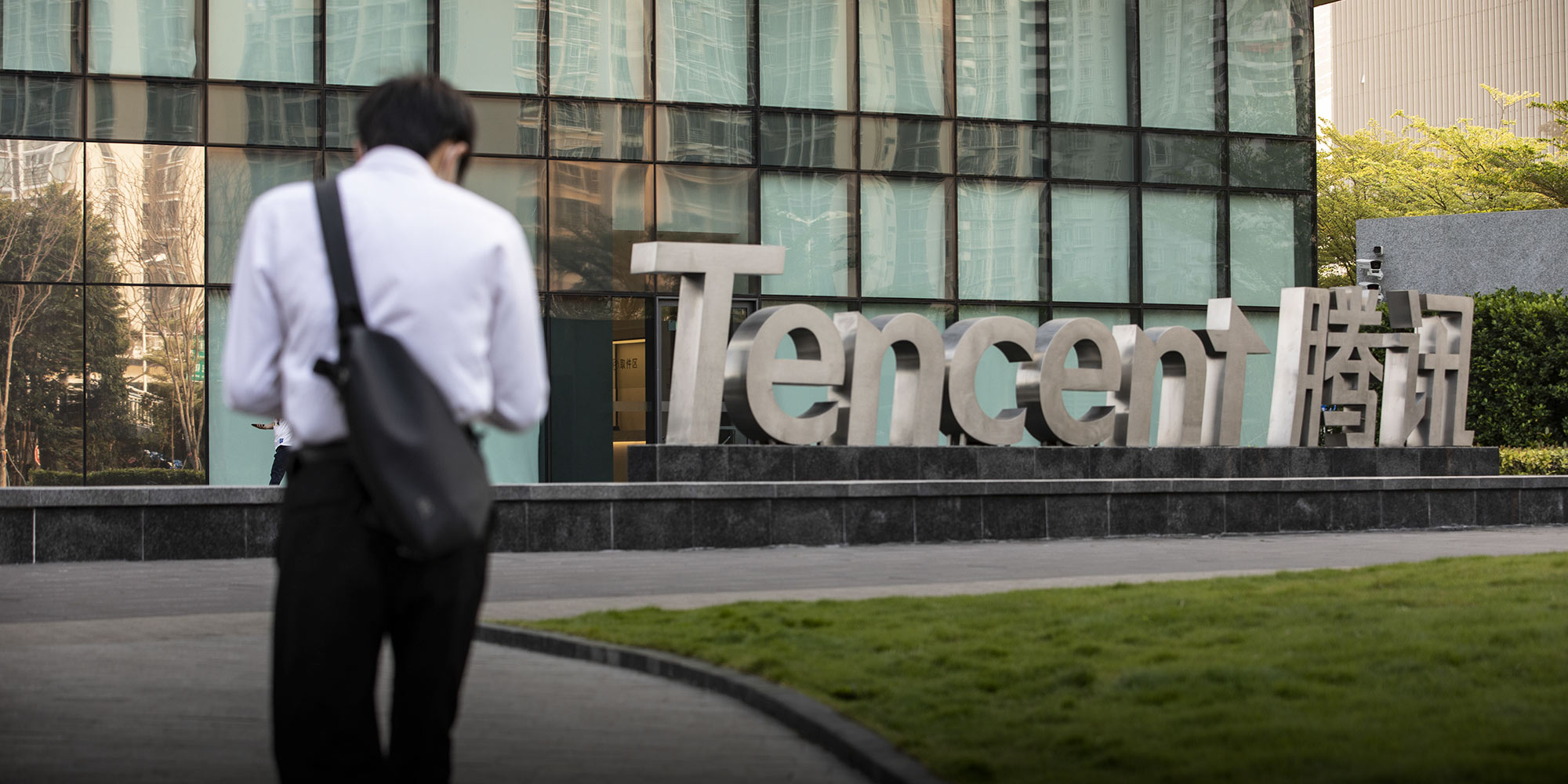Many Chinese tech companies employ intensive work schedules, most famously 996 — 9 a.m. to 9 p.m., six days a week. Though celebrated by CEOs, many employees grumble at the exhausting hours. They point to the country’s Labor Law, which says people should work up to 44 hours a week, and that overtime should “generally not exceed one hour.”
This is an interesting point. If the labor laws clearly forbid 996, then why do companies get away with it? Why aren't they punished?
It needs to be changed. It's too vague. Specifically Article 39 is problematic, exemptions are needed but exemptions need to be tightened and far more specific.
Others should reconsider jumping to conclusions on a topic they've literally never looked into. There is a significant effort going into changing this but legislation is slow as it occurs bottom-up in China instead of top-down. The process begins locally with polling, goes through a shit load of committee stages and rewrites at every level of the hierarchy, and it is basically a rubber-stamping exercise by the time it gets to the final legislator. A big part of the provess is that you NEED mass-support to get things to happen, if you don't have mass-support (indicated in polling stages) they don't happen, hence why the issue has remained for so long.
In the tech companies though this isn't a matter of the companies but more something cultural - the workers force it on each other. There is a culture of overwork and people that aren't seen to be working obsessively like this end up socially harmed by their coworkers, so everyone does it despite slacking off for hours of the day as a result and not being more productive.
Relevant legislation from here :
Chapter IV
Working Hours, Rest and Vacations
Article 36 The State shall practise a working hour system wherein labourers shall work for no more than eight hours a day and no more than 44 hours a week on the average.
Article 37 In case of labourers working on the basis of piecework, the employing unit shall rationally fix quotas of work and standards of piecework remuneration in accordance with the working hour system stipulated in Article 36 of this Law.
Article 38 The employing unit shall guarantee that its staff and workers have at least one day off in a week.
Article 39 Where an enterprise can not follow the stipulations in Article 36 and Article 38 of this Law due to the special nature of its production, it may, with the approval of the administrative department of labour, adopt other rules on working hours and rest.
Thanks for the detailed response.
In the tech companies though this isn’t a matter of the companies but more something cultural - the workers force it on each other. There is a culture of overwork and people that aren’t seen to be working obsessively like this end up socially harmed by their coworkers, so everyone does it despite slacking off for hours of the day as a result and not being more productive.
Yeah, this sort of 'competition' is present in so many facets of modern life, especially in Asia. It's encouraged by the bosses, the social norms, peer pressure etc. Even in high schools, kids have to study for 12-14 hours a day if they want to pass the entrance exams and get into a good college.
Article 39 Where an enterprise can not follow the stipulations in Article 36 and Article 38 of this Law due to the special nature of its production, it may, with the approval of the administrative department of labour, adopt other rules on working hours and rest.
Yeah, this is a very vague statement. Is there any criteria for what counts as "special nature" or how tech companies are able to spin their products as being "special"? What did they say to the "administrative department of labour" to allow them such different rules.
Most of the companies that use 996 are tech companies that don’t “require” it in the same way that American tech workers aren’t “required” to work 60 hour weeks, even though many (most?) of us do. If the guy next to you works crazy hours and you can’t keep up with their output, you’re effectively forced to do it to keep up with them, but that’s not as easy to regulate out of existence. They’re making progress on it, though.
China clearly banned Cryptocurrency back in 2013, and they still had the largest Bitcoin mining operations until a few months ago.
I can't help but suspect the strain that Crypto put on the Chinese grids in the last year played a big role in the crack down.
Like, its one thing to implement a pro forma prohibition. Quite another to exhaust resources actually hunting down and dismantling the offending structures. With laws on the books, state actors had permission to go after the miners. But they needed a reason to prioritize enforcement over other issues.
Similarly, I suspect the explosion in both consumption and employment of digital content is driving the reforms in the tech workspace.
The US does the same thing. DMCA takedowns of torrent and streaming sites tend to come in waves.
In whose material interest is it for 996 to continue? Who has the power to enforce the law against it?
You already know the answer to your own question it's just not an easy one to swallow.
Who has the power to enforce the law against it?
It's not just about enforcement. In the tech companies it's a culture of overwork in which workers socially compete with one another to be the hardest and bestest workers. They aren't required to do it, they do it because everyone does it and everyone in these companies is shaming one another for not doing it. It's virtue signalling what hard workers they are at a level waaay beyond the worst people you see in the US that try to outdo each other on how many hours they work and how much it hurts their free time.
What's needed isn't existing legislation enforcing because there's nothing to enforce on this. It needs culture change and potentially legislation to limit the number of hours workers can do voluntarily. The issue here is that they are salaried tech sector workers without a set time other than 9-6 who stick around for another 3 hours a day.
That's exactly how it works in the US too. Nobody is forcing tech workers to punch a clock. The people at Google who claim they "have to" work 60+ hours a week are talking about tech-cultist behavior.
Culture change will only come by enforcing legislation. It is the same as with OHS, the culture only changed because companies are terrified of having the book thrown at them, not because they suddenly started caring about workers.
What legislation exists to stop workers who are salaried from working an extra hour or two at the office each day? I have never worked in an office that stops me from staying at the office for hours afterwards. If a culture occurs where literally all the workers are doing this and pushing each other to do this and shame occurs if you do not do this then it is absolutely possible under existing laws in the UK that I know of at least. These workers can go home, they aren't because of the culture.
We have the same problem in western tech companies, it's just called crunch instead and gets pushed by the company due to mismanagement in project planning. The difference is that 996 is not pushed by management at any time because it's not something they need to push, it is workers attempting to outdo each other for promotion and social signalling.
It needs legislation that does not currently exist anywhere in the world to my knowledge.
It needs legislation that does not currently exist anywhere in the world to my knowledge.
I believe -- at least for a while -- U.S. employers were required to pay overtime for salaried employees who worked more than maybe 50 hours per week. Of course, this was means tested to death (company had to be a certain size, it only applied for low-salary workers, etc.), but a stronger version of it might work pretty well. It'd give companies (whoever owns/controls them) an incentive to tell people to go home, especially if additional time on the clock is not productive. And if that time is needed and workers genuinely want to be there, they get paid more.
The legislation exists in China as mentioned in the op article. The issue is that it is not enforced and will probably never be enforced as 996 benefits the ruling class. Neither will any kind of organic "culture change" in either the west or the east. Much like any public display of pro-unionism, questioning the 996 or crunch cultures will result in termination.
The legislation exists in China as mentioned in the op article.
No it does not. I have quoted it elsewhere in the thread. Please fucking read the legislation before stating your uninformed opinion so confidently, you have done zero investigation.
Much like any public display of pro-unionism, questioning the 996 or crunch cultures will result in termination.
They literally have the state union backing the fight against 996.
The section you have quoted does not conflict with the op or anything I've said.
So tht means they are far ahead of anyone else and are one of thr biggest players in the industry.
They seized the means of production and now are producing material improvements for the workers.
:deng-cowboy:




